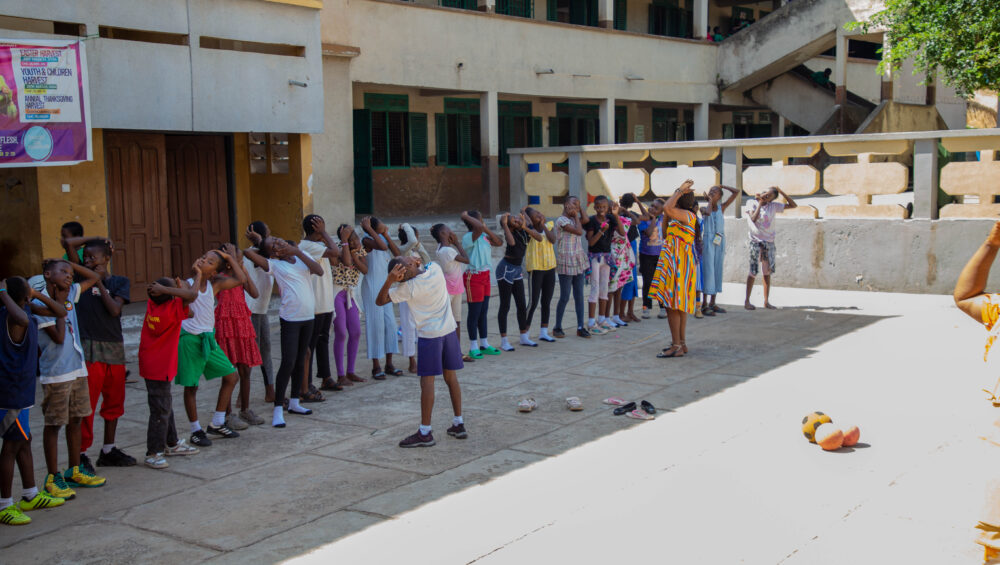Health literacy, defined as the ability to obtain, process, and understand basic health information and services needed to make appropriate health decisions, is a critical component of personal and public health. In today’s complex healthcare environment, health literacy encompasses a range of skills necessary for navigating healthcare systems, understanding health information, and making informed choices about one’s health and well-being.
Health literacy involves not just reading comprehension but also listening, analytical, and decision-making skills, as well as the ability to apply these skills to health situations. Health literacy involves knowing when and where to go for various health screening and services, and the ability to engage in self-care and chronic- disease management.
The importance of health literacy includes improved health outcomes, enhanced communication between healthcare providers and patients, preventive health, economic impact, and equity and access. Strategies to improve health literacy include education and resources, training healthcare providers, community engagement, and policy and advocacy.
Health literacy is a cornerstone of a functioning and effective healthcare system. Its impact on individual health outcomes, economic savings, and public health equity cannot be overstated. By prioritizing health literacy, we can create a healthier, more informed, and empowered society.






